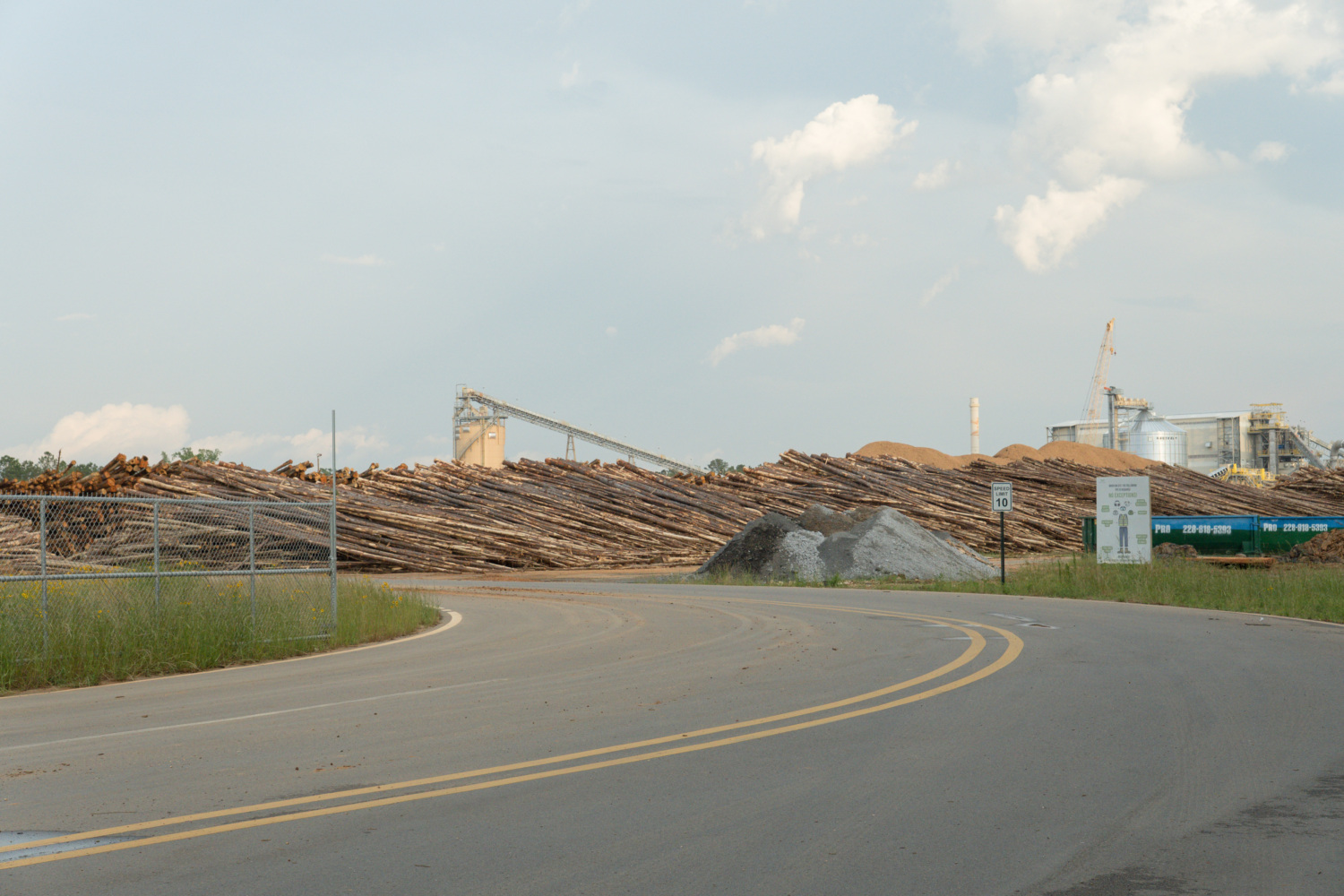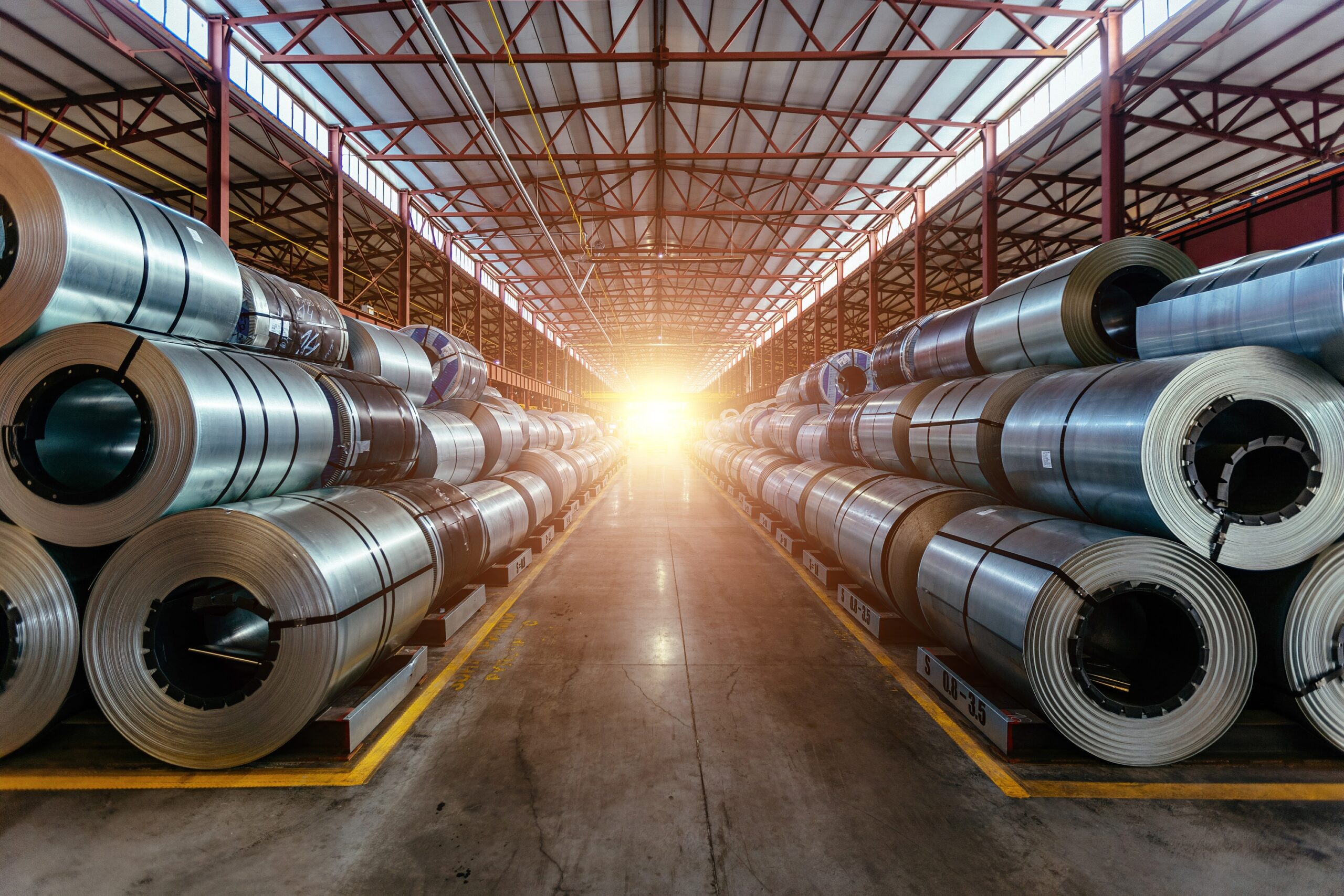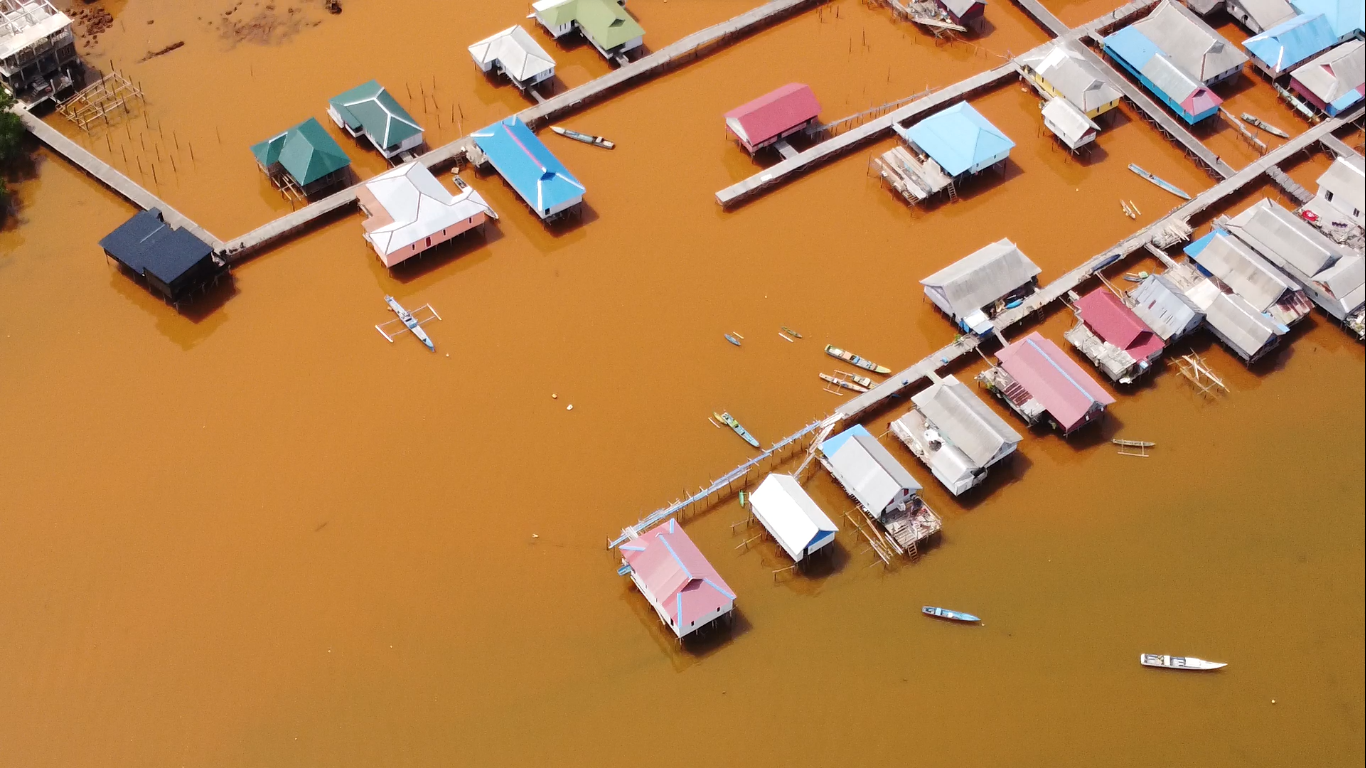
Samling and Mulia Sawit’s Ongoing Deforestation
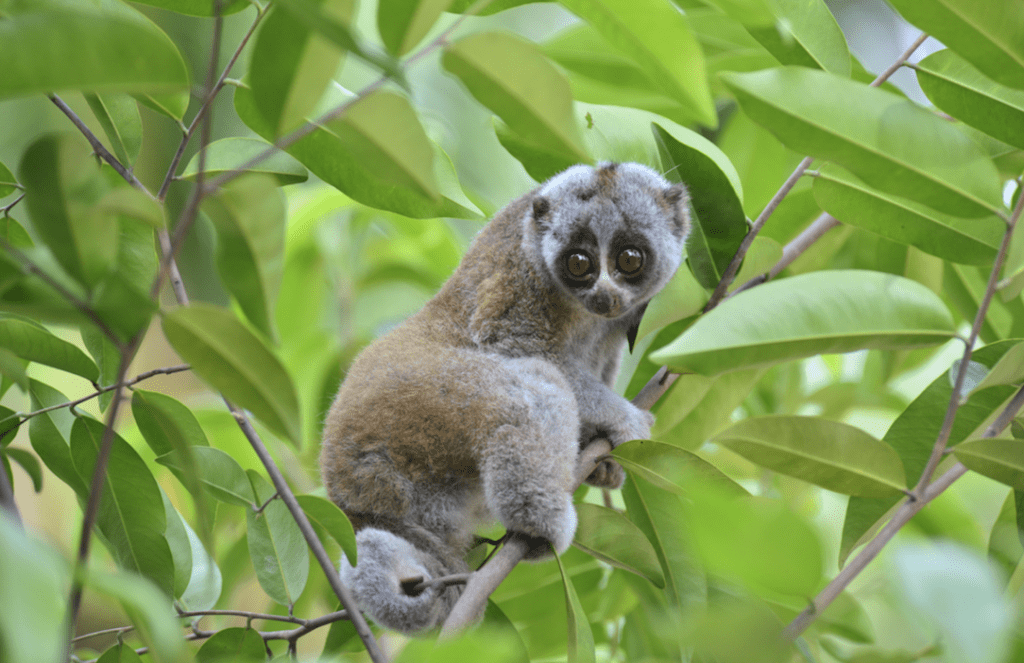
As the sun sets, a small, wide-eyed primate emerges from its slumber. This primate, a slow loris, starts to move away from its sleeping nook high in a tree, traveling along a branch in search of food. This quest has become difficult with the sustained clearance of the rainforests it calls home and will only become harder: the slow loris’ habitat is shrinking and being replaced with plantations. This senseless destruction not only accelerates climate change, it can also bring people into contact with new zoonotic diseases as deforestation displaces forest-dependent animals.
Mighty Earth’s Rapid Response Deforestation Monitoring Program works to halt the deforestation that threatens slow lorises and other animals. Our program covers more than 3,500 palm oil concessions in Indonesia and Sarawak, Malaysia, monitoring an area more than twice the size of Portugal for deforestation and environmental destruction. When Mighty Earth detects deforestation on land linked to companies with No Deforestation, No Peat, No Exploitation (NDPE) policies, we alert those companies about the transgression, and they are usually quick to resolve such cases. However, in the case of two palm oil suppliers — Samling Group and Mulia Sawit Group — several palm oil traders have chosen to ignore Mighty Earth’s warnings and are, right now, still doing business with companies that have well-documented connections to ongoing deforestation.
Part 1. Samling Group
The Samling Group is a notorious Malaysian conglomerate that owns and operates oil palm plantations and timber concessions. Deforestation connected to Samling’s supply chain was first highlighted by Mighty Earth’s Rapid Response Monitoring Program in December 2018. Since then, Mighty Earth has found satellite evidence that Samling is responsible for clearing more than 779 hectares of forest in Sarawak, Malaysia. To date, four of Samling’s concessions have been included in a total of 11 Rapid Response reports.
The case with the most recent clearance, summarized in our Rapid Response report 24, involves large-scale deforestation within the group’s Marudi & Batu Belah concession in Sarawak. Satellite imagery shows that, in 2019, Samling was responsible for 403 hectares of deforestation within the concession. In the four years prior, from 2014-2018, 4,560 hectares of high density (>75%) tree cover was lost in the concession, according to Global Forest Watch.
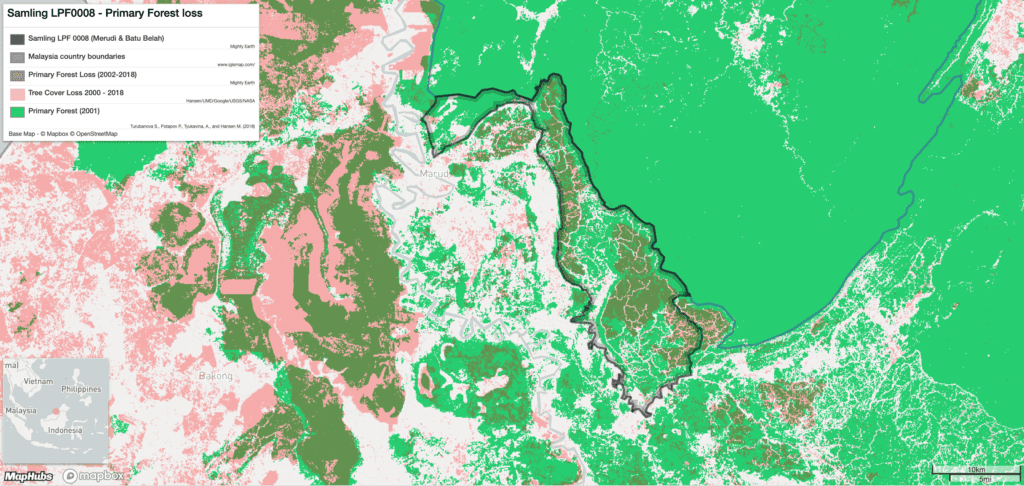
Despite the well-documented destruction, only five traders with NDPE policies — ADM, Bunge, Cargill, Louis Dreyfus, and Wilmar — have suspended Samling from their supply chains. Meanwhile, AAK, BLD, Fuji Oil, IOI, Itochu, KLK, and Sime Darby all continue to purchase palm oil either directly or indirectly from Samling. In addition, based on their publicly available mill lists, numerous consumer brands remain linked to Samling, including Avon, Colgate-Palmolive, Danone, FrieslandCampina, Hershey Company, Intercontinental Specialty Fats, Johnson & Johnson, Kellogg Company, Mars, Mondelez, Nestle, P&G, PepsiCo, PZ Cussons, Reckitt Benckiser, Unilever, and Upfield. As long as these companies continue to source palm oil from Samling, there’s a risk that our shopping carts will contain products connected to recent deforestation.
Here’s the thing: all these companies have No Deforestation policies that explicitly prohibit them from purchasing from suppliers engaged in deforestation. So why do they continue to buy from Samling? The companies argue that Samling’s forest destruction is for wood products rather than palm oil, and therefore it’s okay to keep buying palm oil from the company. But the slow loris and other species whose habitats are being destroyed don’t care if their homes are being destroyed for wood or palm oil. How can these companies claim to be adhering to a No Deforestation policy when they are buying from one of the worst remaining deforesters in Southeast Asia?
Part 2: The Mulia Sawit Group
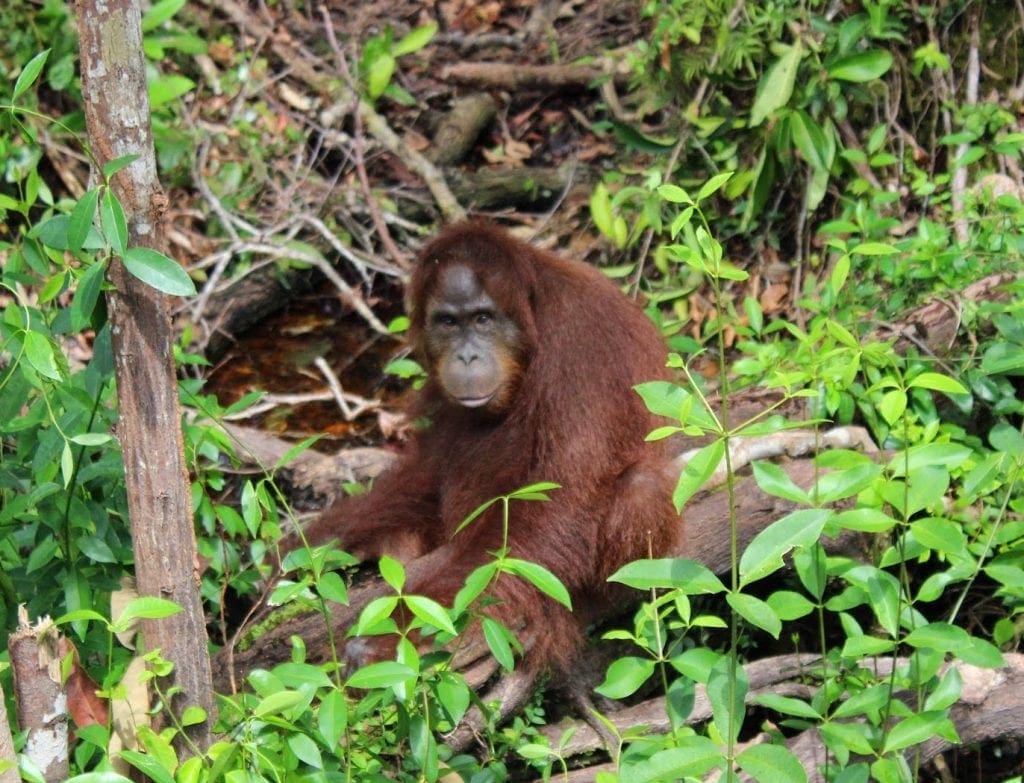
The Mulia Sawit Group’s PT Persada Era Agro Kencana is located within Bornean orangutan habitat. The concession is adjacent to the Katingan River, which serves as the western border of Sebangau National Park, home to the largest area of contiguous lowland forest in Borneo.
Despite its proximity to a national park, PT Persada Era Agro Kencana continues to be a deforestation hotspot. Most recently, as shown in our Rapid Response report 25, the company deforested 912 hectares and prepared to clear another 974 between September 2019 and February 2020. Since Mulia Sawit’s deforestation was first highlighted by our Rapid Response Deforestation Monitoring Program in October 2018, we have identified 1,872 hectares of deforestation and 2,577 hectares of peatland clearance within the PT Persada Era Agro Kencana concession. A new analysis by Chain Reaction Research found Mulia Sawit to be the third largest deforester within Indonesia, Sarawak, and Papua New Guinea in 2019.
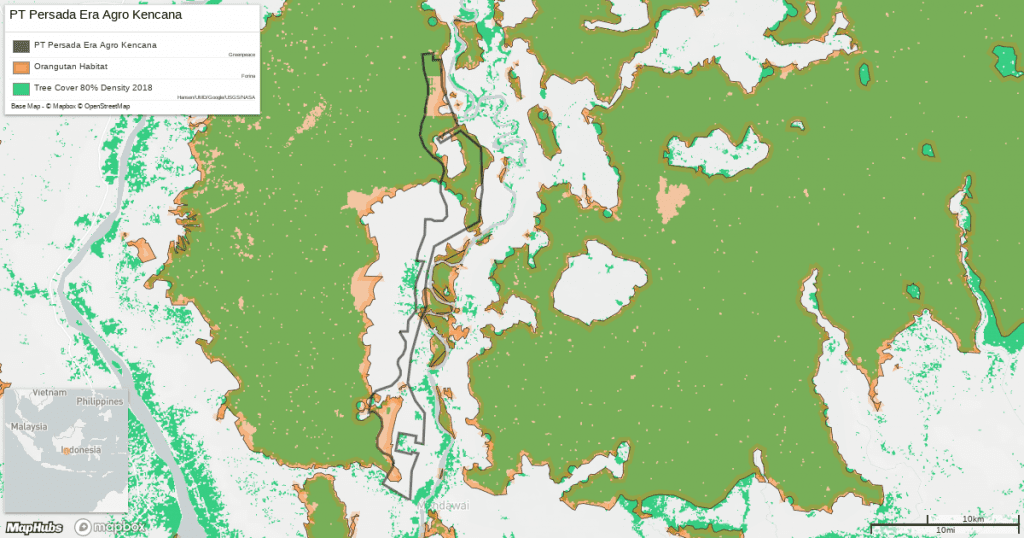
While the majority of palm oil traders have suspended Mulia Sawit from their supply chains, data from public mill sourcing disclosures indicates that Itochu, KLK, and Neste all continue to purchase palm oil either directly or indirectly from Mulia Sawit, despite having No Deforestation policies. In addition, based on their publicly available mill lists, consumer brands Avon, Danone, Kellogg Company, Mondelez, Nestle, PepsiCo, and Unilever all remain linked to Mulia Sawit.
Call to Action
At this point in 2020 — the implementation deadline of most No Deforestation policies — companies should be proactively monitoring their supply chains, identifying cases of deforestation, and quickly acting on them. There is no excuse for continued sourcing from deforesters like Samling and Mulia Sawit. Its time for companies to get serious about eliminating deforesters from their supply chains, plain and simple.
